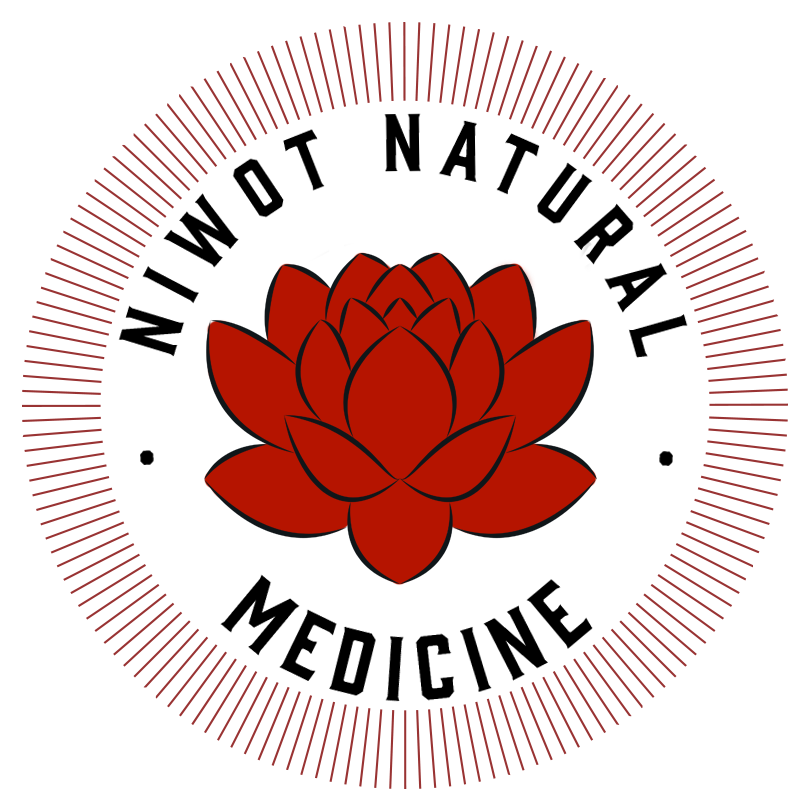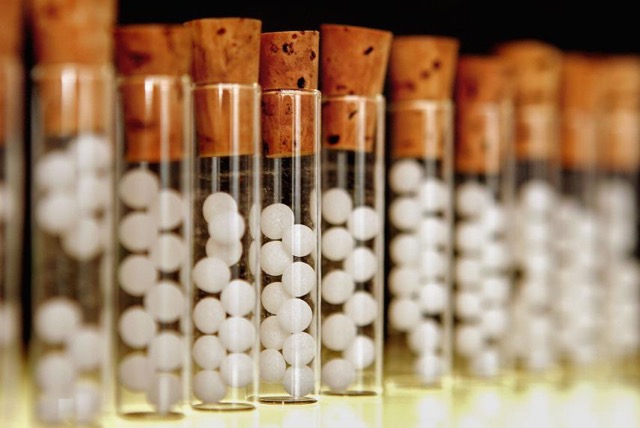What is
Homeopathy?
Homeopathy is simply the medical practice of treating like with like. The principle was well known to Hippocrates and Paracelsus, but its present day use stems from the work of Samuel Hahnemann, a doctor of the late 18th century. Appalled by the existing medical practices, which so often did more harm than good, Hahnemann sought a method which would be safe, gentle and effective. He believed that human beings have a capacity for healing themselves, and that the symptoms of the disease reflect the individual’s struggle to overcome the forces antagonistic to life. Hahnemann and his followers were so convinced of their theories that they carried out experiments upon themselves, in which they took small doses of various reputedly poisonous or medicinal substances over long periods of time carefully noting the symptoms they produced. Patients suffering from similar symptoms were then treated with these substances with very encouraging results.
Having thus established the principle of similarity, Hahnemann worked to establish the smallest effective dose, for he realized this was the best way to avoid side-effects. To his surprise he found that while using a special method of dilution, the more similar remedy was diluted, the more active it became, while dissimilar remedies were ineffective. He therefore called this method potentization and his serial dilutions potencies, to indicate the power that was developed.
The paradox, that the greater the dilution the greater the effect, was not surprisingly unacceptable to the scientific thought of the time, thus Hahnemann and his followers were ridiculed. But homeopathy survived because it achieved remarkable results, and today a changing outlook in science gives credibility to the concept of the infinitesimal dose.
Homeopathic physicians consider it better to treat the sick person rather than the disease. The homeopathic physician endeavors to build up a multi-dimensional picture of his patient. For this to be possible a lot must be known about the patient: his past health and life circumstances, the pattern of health in his family, his present condition, his personality traits and preferences, his hopes, fears and aspirations. When the homeopathic physician gets a clear picture of the patient, this will be matched with a remedy. Infinitesimal doses of that remedy will help that patient to heal himself. Because the patient is treated and not the disease, patients suffering from the same disease will often require different remedies, while another group of patients with different diseases may all benefit from the same remedy.
What are remedies? They can be animal, vegetable and mineral. Homeopaths do use botanical medicines but usually only after potentization. Substances that in their natural state have little or no obvious effect on the human body such as sand, charcoal, common salt or pencil lead, in potentized form cause powerful healing effects in the right patients. Homeopathic remedies are very subtle and there are directions for taking them that enhance their effectiveness. They work best when taken at least 5 minutes (both before and after) away from food or drink, or other substances in the mouth, such as gum or toothpaste. The pellets should be handled as little as possible, although handling them may be necessary at times (when giving them to children, etc.). Otherwise, avoid touching them in case your hands have a substance on them that would antidote the remedy.
Homeopathy is essentially natural healing. The remedy assists the patient to regain health by stimulating nature’s vital forces of recovery. Adequate rest and appropriate diet in a satisfactory environment assist recovery, and those using homeopathic medicines may have to ask their patients to exercise patience especially in chronic illness.
Homeopathy is not a cure-all, nor an elixir of life. Rather it is an idea, a way of looking at people in their surrounding and enabling them to increase their harmony and wellbeing. Rapid results can be achieved in acute illness but if the patient’s vitality is low, treatment will be long-term. Some of the happiest results of homeopathic treatment can be seen on babies and children, where natural vitality is, or should be, at its highest. Infrequent high potencies of the well-chosen remedy can set the child’s feet firmly on the way to health.

